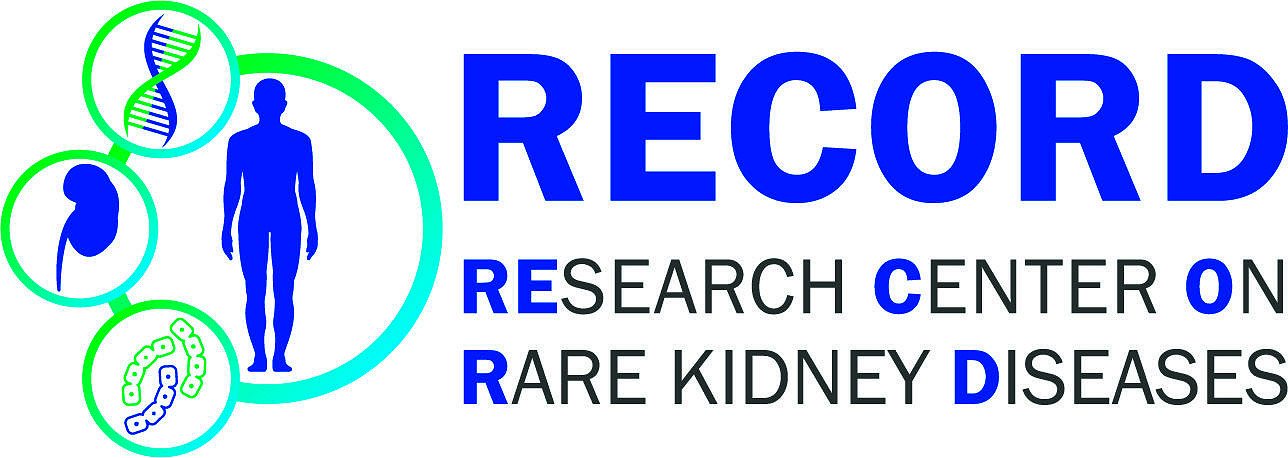Low birthweight, renal function, and blood pressure regulation – urinal and serum analysis in monozygotic twins with intra-twin birthweight differences
Wissenschaftliches Arbeitsprogramm
Low birthweight (bw) and unfavourable intrauterine conditions have been associated with metabolic and cardiovascular sequelae in later life, such as metabolic syndrome, type 2 diabetes, hypertension, coronary heart disease, and stroke. Furthermore, it is believed that intrauterine growth retardation might be a predisposing factor for chronic kidney disease and impaired renal function, with nephron rarefication representing a potentially implicated mechanism.
For many years, we studied genetically identical twins with intra-twin bw-differences from birth to adolescence to analyse the long-term impact of a lower bw. We now want to use this very special cohort to gain further knowledge on the interrelation of genetic background, prenatal environment, kidney function, and blood pressure regulation in later life. We gathered urine and serum samples of 68 monozygotic twin-pairs with a bw-difference of <1 SOS (concordant; n=41, 18 female) and ≥1 SOS (discordant; n=27, 15 female). At 14.9 yrs (mean age, range 12.5 to 19.6 yrs), morning urine samples were collected and blood pressure was measured. We now want to analyse biochemical markers for kidney function in urine and serum, endocrine parameters relevant to blood pressure regulation (renin-angiotensinaldosterone system (RAAS)), as well as bile acids involved in water retention. Additionally, we intend to measure kidney volume via ultrasound and multispectral optoacoustic tomography (MSOT) and ultrasound localization microscopy (ULM) in a subgroup quantitatively assess nephron number. Findings will be applicable to the management of all children born after intrauterine growth retardation.
